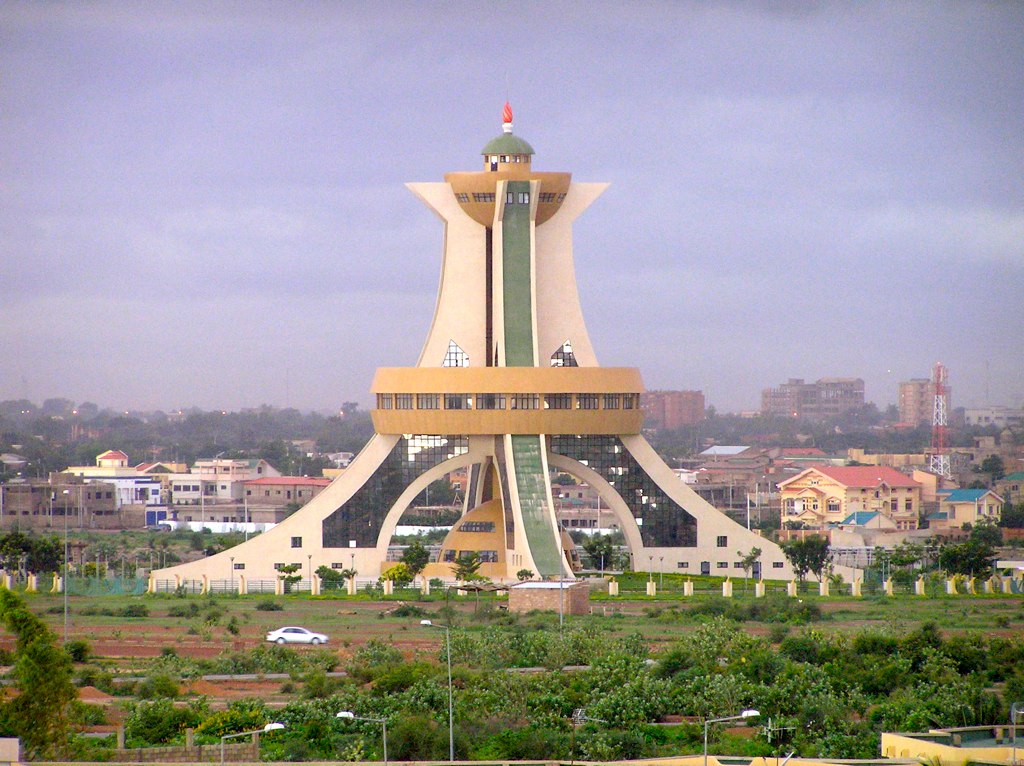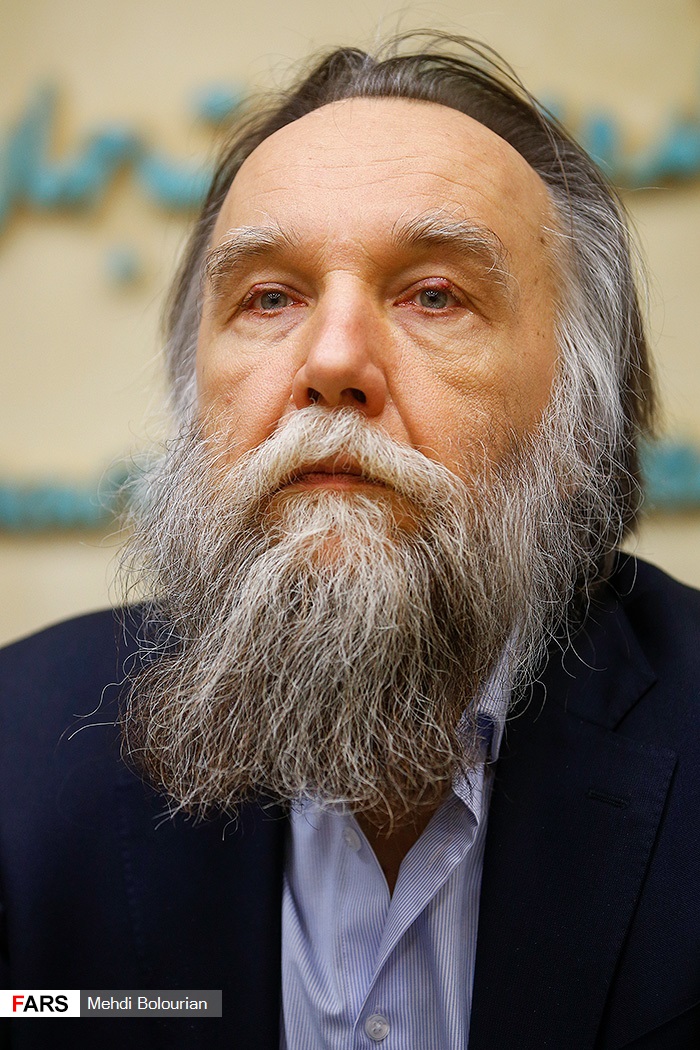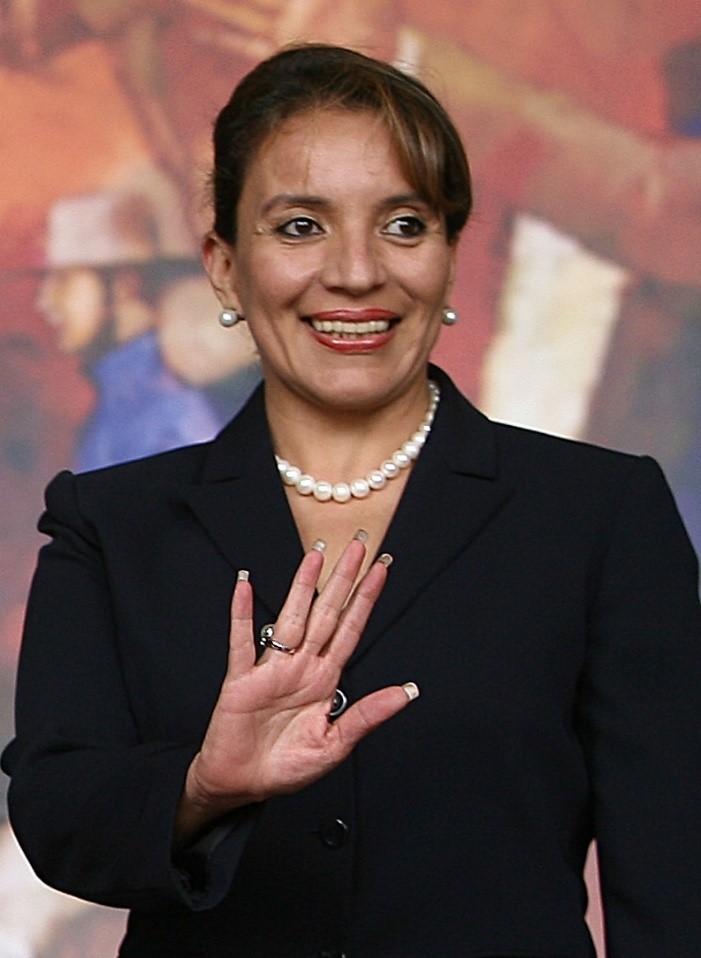
Memorial of the Martyrs in Ouagadougou, Burkina Faso.
“Russia delivers the equipment to us and shows us how to use it and that’s it. What it is given in return, if it is indecent exploitation, there is no problem. France has exploited us for a long time without it bothering anyone.”
The September 2022 military takeover in Burkina Faso appears to be an indication of the continuing shifts in geopolitical affinities among Burkinabe away from France and towards Russia. In the accompanying article from the Burkina Faso-based daily L’Observateur Paalga, a journalist interviews Alouna Traoré, a survivor of the 1987 Burkina Faso coup d’état, a seminal event in Burkinabe history.[i] In the interview, Traoré articulates why he supports what is perceived to be Russian influence in the September 2022 military takeover which saw Interim President Paul-Henri Sandago Damiba ousted by Army Captain Ibrahim Traoré (no known relation) due to the former’s inability to control the spiraling jihadist insurgencies plaguing the country. In the aftermath, international media reported the presence of numerous Russian flags carried by civil society members supporting the change of power. While Russia’s role in Burkina Faso remains murky, next door in Mali, Russian Wagner mercenaries have been in the country assisting the ruling military junta there to try to stem the tide of its own fight against jihadists associated with Al-Qaeda and the Islamic State. Meanwhile, even despite years of Sahelian counterterrorism assistance via Operation Barkhane, a strong anti-French sentiment persists throughout the Sahel.[ii]
As the interview details, Traoré, a longtime supporter of Russia, views Russian support positively and pragmatically. Given the dire situation that the country faces, Traoré believes Russia to be the country’s only option, especially for weapons, as neither France nor the United States offers what he views to be acceptable assistance. Importantly, he also articulates that simply because he advocates for engaging with Russia, he views this not as Burkina Faso being co-opted, as many intellectuals in his country interpret, but rather, as a pragmatic and necessary move. As he notes: “We are drowning and clinging to everything. But just because we’re attached to [Russia] doesn’t mean you become our owner.”[iii]
Source:
“Lutte contre le terrorism: ‘Ceux qui ont des problèmes avec Wagner n’ont qu’à rester là’ (Alouna Traoré, le rescapé du 15 Octobre 87) (Fight against terrorism: ‘those with problems with Wagner can just stay there’(Alouna Traoré, survivor of 15 October 87),” L’Observateur Paalga (daily newspaper from Burkina Faso), 12 October 2022.https://rb.gy/o4uxn
You are known to be a defender of the Russian cause. Can you give us an explanation for this Russophilia?
When you say defender of the Russian cause, that’s a bit of an exaggeration. The people of Burkina Faso find themselves shipwrecked. And when you’re in that situation, you cling to anything to get yourself out of trouble. The main thing is not to die. However, we are on the way to extinction with regard to what is happening to us. I cannot slander those who attack us because they are sending us a message….
To come back to your question, I have the feeling that Burkinabe intellectuals are a bit dangerous. They act exactly like France and the United States. We perish, we die, we lose parts of the territory and we find that normal. France does not speak, it has the ammunition and the techniques, but it does nothing. France’s mentor, the United States, says nothing either…
We have to make allowances: Russia delivers the equipment to us and shows us how to use it and that’s it. What it is given in return, if it is indecent exploitation, there is no problem. France has exploited us for a long time without it bothering anyone. Russia gives us weapons that we did not have with France in a short time and that is a problem. It is an insult to our intelligence. The African intellectual makes me ashamed. People who don’t know what they want in a situation of extreme peril is dangerous.
Some believe that those who support Russia, in particular Wagner, are financed. Is this your case?
At my age, am I incapable of knowing what is good for me? Do I need someone to show me the path that suits me? How are they [the Russians] going to come and arm me and instrumentalize me? Russia manufactures weapons like the Kalashnikov which has shown its effectiveness around the world. We are asking for Kalashnikovs in quantity to arm our people…
We are drowning and clinging to everything. But just because we’re attached to [Russa] doesn’t mean you become our owner. One does not leave slavery to go to another slavery. We want the emancipation of the African man because Westerners have never considered us as humans. When are we going to understand it?
Do you think the Russians can make us happy?
I saw something with the Russians I want. Do we manufacture weapons in Burkina Faso? We go to countries that manufacture weapons. Russia is looking out for its interests, I agree. I agree that the Russians are after the money, but in return I have the weapons to defend myself… Burkina Faso is looking for weapons and Russia has them. And better quality. What Russia will take in return cannot finish our wealth. That’s what it’s all about.
Notes:
[i] In that episode, then Captain Blaise Compaoré orchestrated a coup d’état, killing Burkina Faso’s far-left President Thomas Sankara. Among other reasons, Compaoré had justified the act by noting that Sankara’s left-leaning rhetoric had created problems with former colonial France; resultantly, the coup is a symbol for varying perspectives on Burkina Faso’s alignment, or not, with France.
[ii] For more on the phenomenon of anti-French “fake news” in the Sahel, see: Matthew Kirwin, Lassane Ouedraogo, and Jason Warner, “Fake News in the Sahel: ‘Afrancaux News,’ French Counterterrorism, and the Logics of User-Generated Media.” African Studies Review. July 2022.
[iii] For more on African stances on the Russia-Ukraine war, see: Jason Warner, “African Stances on the Russia-Ukraine War Demonstrate Reliance on, Antipathy Toward West,” OE Watch Issue 9, 2022.
Image Information:
Image: Memorial of the Martyrs in Ouagadougou, Burkina Faso.
Source: https://commons.wikimedia.org/wiki/File:Memorial_of_the_Martyrs-Ouagadougou-4.jpg
Attribution: CC BY 2.0


